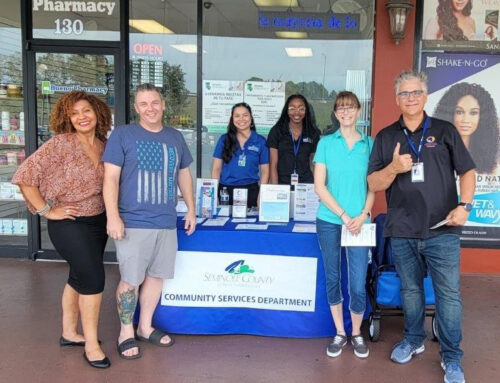Addiction is a complex health issue that not only takes a toll on an individual’s physical and mental health but also has substantial financial implications. The cost of addiction treatment, combined with its long-term effects on individuals, families, and society as a whole, is a significant concern. However, investing in recovery support services has shown to decrease overall costs while providing essential assistance and care.
The Financial Burden of Addiction Treatment:
- Direct Treatment Costs: Addiction treatment expenses encompass various elements, including detoxification, residential or outpatient rehabilitation programs, medication-assisted treatments, counseling, and medical care. According to the National Institute on Drug Abuse (NIDA), these expenses can range from hundreds to thousands of dollars per month, depending on the type and duration of treatment.
- Healthcare Utilization and Complications: Substance abuse often leads to associated health issues such as liver disease, heart conditions, mental health disorders, and infectious diseases like HIV/AIDS or hepatitis. Treating these complications adds to the overall healthcare costs, contributing significantly to the financial burden.
- Lost Productivity and Legal Costs: Substance abuse can lead to decreased productivity in the workplace, absenteeism, loss of employment, and legal issues such as fines, court fees, and incarceration. These factors result in substantial economic losses both for individuals and society.
The Impact of Recovery Support Services on Cost Reduction:
- Prevention of Relapse and Rehospitalization: Recovery support services, including peer support groups, counseling, sober living arrangements, and aftercare programs, play a crucial role in preventing relapse. By providing ongoing support and guidance, these services reduce the likelihood of rehospitalization or the need for intensive, costly treatments.
- Improved Social Functioning and Productivity: Engaging in recovery support services helps individuals reintegrate into society, maintain employment, and contribute positively to their communities. By improving social functioning and productivity, these services mitigate the economic burden caused by lost productivity and legal expenses.
- Long-Term Health Maintenance: Recovery support services often include access to ongoing healthcare, mental health services, and resources for healthy living. By assisting individuals in maintaining their well-being, these services reduce the risk of long-term health complications, subsequently decreasing healthcare costs.
Evidence Supporting the Cost Effectiveness of Recovery Support Services:
Several studies and reports highlight the cost-effectiveness of investing in recovery support services:
- A report by the Substance Abuse and Mental Health Services Administration (SAMHSA) indicated that for every dollar invested in addiction treatment and recovery support, there was a return of up to $7 in reduced crime, criminal justice costs, and theft.
- Research published in the Journal of Substance Abuse Treatment found that individuals engaged in recovery support services had lower healthcare costs and reduced hospital readmissions compared to those without such support.
Conclusion:
While addiction treatment incurs significant expenses, investing in recovery support services not only aids in sustained recovery but also reduces the overall financial burden on individuals, families, and society. By providing ongoing support, preventing relapse, improving social functioning, and promoting long-term health maintenance, these services contribute to cost savings and create a healthier, more productive society.
As we continue to address the complexities of addiction, it’s imperative to recognize the financial benefits of supporting individuals through their recovery journey. Increased access and funding for recovery support services can lead to better outcomes, reduced costs, and a more compassionate approach to combating addiction.
Recovery Connections of Central Florida focuses on keeping individuals engaged in recovery support services, lessen the financial burden to society and the individual and fosters an environment of growth rather than one of recidivism. If you or a loved one suffers from substance use disorder, call us at (407) RECOVER or (407) 732-6837 and speak with a peer specialist and let us help guide you on your journey to long-term recovery.




